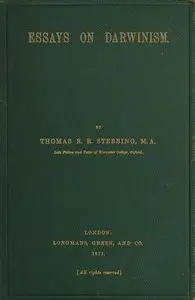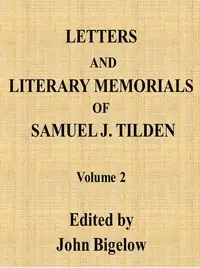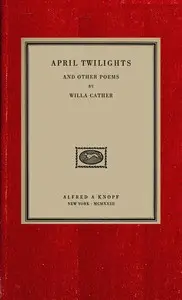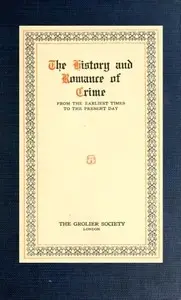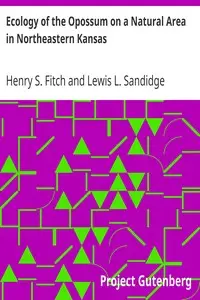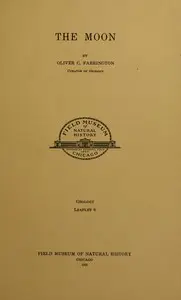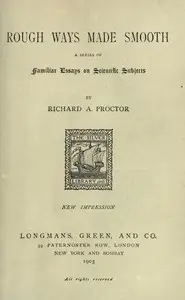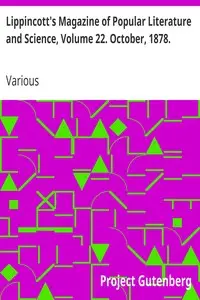"Darwinism. The Noachian Flood" by Thomas Roscoe Rede Stebbing is a scientific publication presented as a lecture delivered in the early 1870s. The work critically examines the concept of a universal flood as described in the biblical narrative of Noah and contrasts it with Darwinian evolutionary theory. Stebbing argues that the notion of a global deluge poses insurmountable scientific contradictions and ultimately defends a more localized interpretation of the flood narrative. In his discourse, Stebbing methodically dissects the traditional understanding of the Noachian Flood, emphasizing the inconsistencies within the biblical account when viewed through the lens of contemporary scientific knowledge. He challenges the idea of a universal deluge by highlighting the geographical and biological implausibilities of such an event, positing that natural history and geology offer compelling evidence against the narrative's literal interpretation. Stebbing suggests that instead of a global catastrophe, the story reflects a significant regional inundation and explores the implications of this reinterpretation on our understanding of species development and human ancestry in relation to Darwin's theories. Throughout, he advocates for a reconciliation between religious narratives and scientific inquiry, urging a re-evaluation of long-held beliefs in light of new evidence. (This is an automatically generated summary.)
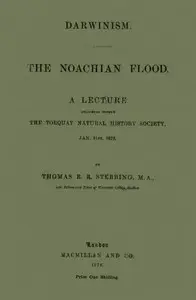
Darwinism. The Noachian Flood A lecture delivered before the Torquay Natural History Society, Jan. 31st, 1870
By Thomas Roscoe Rede Stebbing
"Darwinism. The Noachian Flood" by Thomas Roscoe Rede Stebbing is a scientific publication presented as a lecture delivered in the early 1870s. The wo...
The Reverend Thomas Roscoe Rede Stebbing was a British zoologist, who described himself as "a serf to natural history, principally employed about Crustacea". Educated in London and Oxford, he only took to natural history in his thirties, having worked as a teacher until then. Although an ordained Anglican priest, Stebbing promoted Darwinism in a number of popular works, and was banned from preaching as a result. His scientific works mostly concerned crustaceans, especially the Amphipoda and Isopoda, the most notable being his work on the amphipods of the Challenger expedition.

